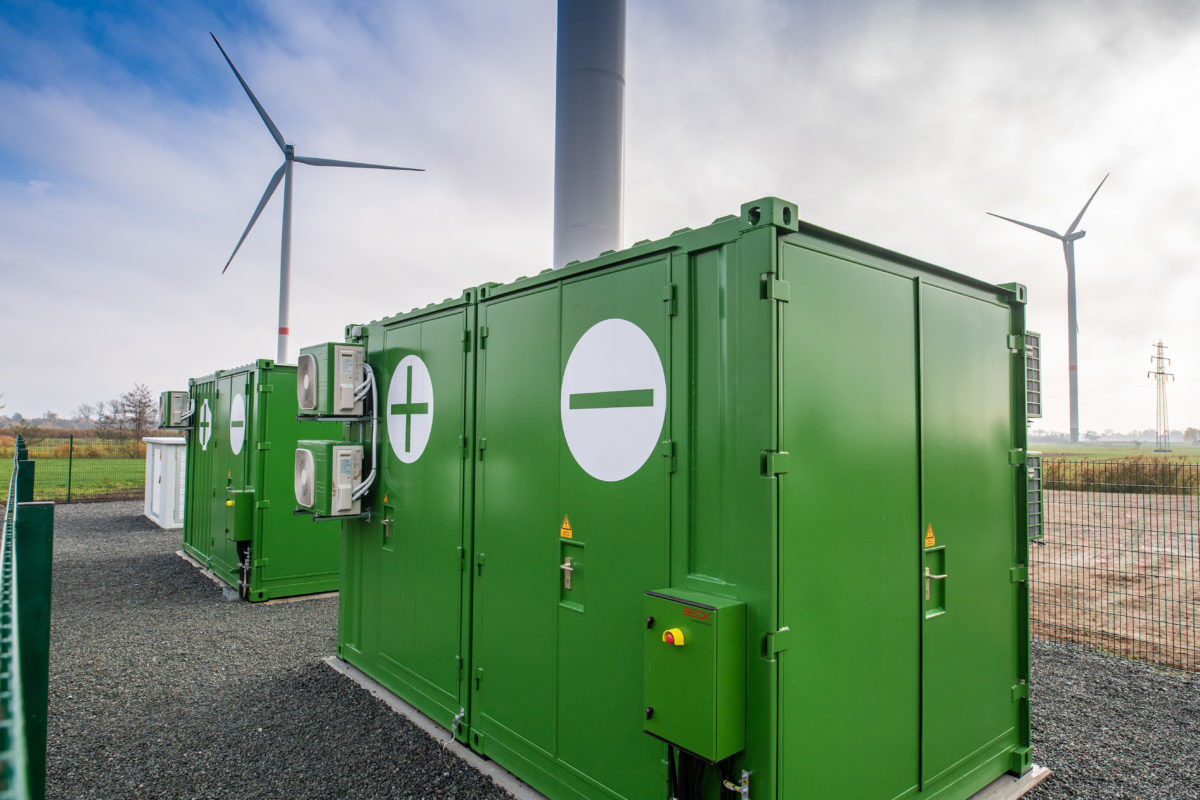“CEER recognizes from observations across Europe the necessity of preventing conflicts of interest caused by a DSO (distribution system operator) owning and operating storage devices,” the organization says. “There is clear evidence that storage-related services are to be provided by market-based entities and therefore, storage is considered as an entirely competitively activity.”
This is one of the main conclusions of CEER's New Services and DSO Involvement report. It takes a clear position on the involvement of distribution system operators (DSOs) in what its authors define as grey areas, such as storage and direct services, among others.
But CEER says that DSOs may also be able to operate storage systems under specific technical circumstances or when the market is unable to guarantee the necessary flexibility, provided that such activities are approved by regulators. “At a minimum, the DSO’s involvement in market-based activities should require a formal permit following an evaluation of clear conditions and provision of careful justification,” CEER writes.
The paper suggests that DSOs should be entitled to use storage technologies for peak shifting, peak smoothing, voltage support and reactive power injection when dealing with power capacity or voltage quality constraints in distribution networks. Moreover, the experts cite circumstances in which energy storage behind network users' points of connection are the most cost-efficient solutions to resolve grid constraints.
The best option, however, would be to introduce standardized market-based mechanisms to procure flexibility services, possibly with regulatory involvement, the authors of the document state.
The report also notes that grid support services should also be provided by independent market players. “This is to ensure that conflicts of interest are minimized as DSOs have an inherent advantage over market providers due to information asymmetry and a lower cost of capital, usually supported by the regulated asset base,” the paper notes.
CEER analysts also cite three case studies of DSOs operating pilot storage projects in Norway, Italy and the U.K.
This content is protected by copyright and may not be reused. If you want to cooperate with us and would like to reuse some of our content, please contact: editors@pv-magazine.com.




By submitting this form you agree to pv magazine using your data for the purposes of publishing your comment.
Your personal data will only be disclosed or otherwise transmitted to third parties for the purposes of spam filtering or if this is necessary for technical maintenance of the website. Any other transfer to third parties will not take place unless this is justified on the basis of applicable data protection regulations or if pv magazine is legally obliged to do so.
You may revoke this consent at any time with effect for the future, in which case your personal data will be deleted immediately. Otherwise, your data will be deleted if pv magazine has processed your request or the purpose of data storage is fulfilled.
Further information on data privacy can be found in our Data Protection Policy.